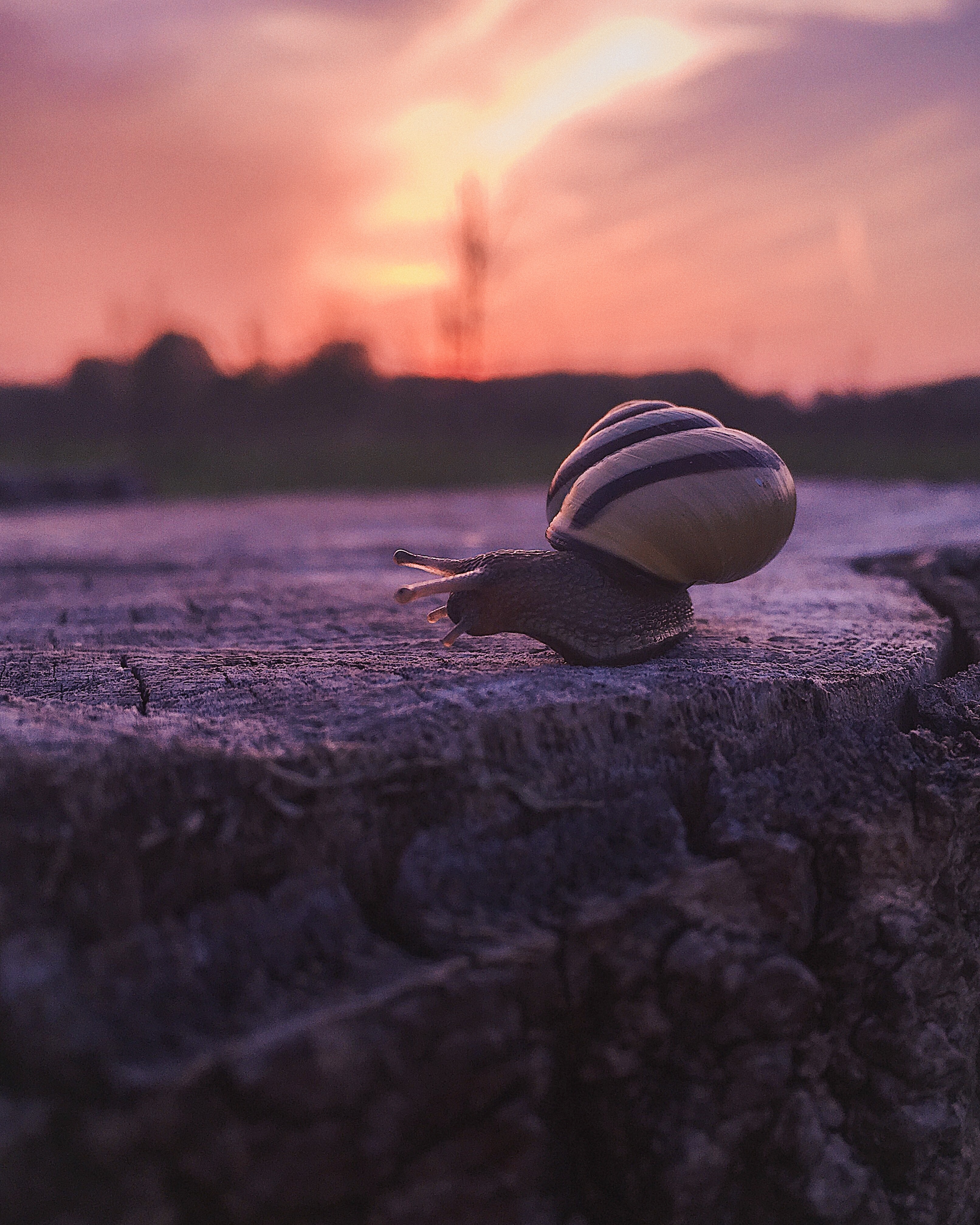Why does feel hard to slow down? Over the last few weeks, I have been exploring this question. Particularly wrestling with why I find it hard to slow down. In fact, I was going to write a blog post on how to slow down - but I have already done one on that. Also on being vs doing and how to use your energy productively. So clearly this is an ongoing theme for me! Clearly, I know how to slow down, I just don’t do it.
What does slowing down look like?
So why does it feel hard to slow down, to relax? Let me tell you what relaxing looks like for me - if you asked me I would say an afternoon snuggled up on the sofa watching a movie with my kids or sitting reading a book with a nice cup of cocoa.
But in reality, what it ACTUALLY looks like is me trying to watch a film whilst the kids talk through it, dance or generally muck about. Picking up a book and then being asked a question…but if I am being really honest, it’s not that I get interrupted - sure, it's frustrating but I could watch a film/read a book when they aren’t here. Nope, it’s because I feel guilty. I sit down to ‘relax’ and then remember that the dishwasher needs unloading or I haven't sent that email.
Where does the ‘busyness’ come from?
My coach Lisa said something in passing which was along the lines of ‘busyness occurs only in our brain’ and I dismissed it, because, have you seen my mental load list? But, of course, as I reflected I began to see that she is right. A great number of the things on my mental to-do list could be ditched or delegated. The others are often things that I overthink and they usually take less time than I think they will.
I know what I need to do, so why can’t I do it? What is getting in the way? Here’s what I have come up with so far:
- Worrying what others i.e. my partner might think of me sitting down to Netflix and chill when I could be cleaning the house ( like a good woman)
- Worrying that if I don’t keep going I won’t be able to catch up on what I have missed e.g. my inbox will be overflowing if I don’t go through the emails I already have
- Being busy allows me to demonstrate all I have done and so prove that I am worthy of love/attention - which comes from a fear of rejection
- Thoughts around ‘how will I prove I am good enough?’
As I write these things out I know they aren’t true, but that doesn't stop the intrusive thoughts from popping in. So if I know what slowing down looks like for me and if I know my judgements aren't based in truth, why does it feel so hard to slow down? What's stopping me?
Why does it feel so hard to slow down?
On researching what kinds of things stop us from slowing down I was able to see that identify productivity with success. Over my lifetime (until now) I have been conditioned to think that resting equals laziness. I am not alone, many of us are caught up in the idea that hard work is the only way to be successful. Western culture glorifies the hustle and this leads to a struggle in managing to relax the mind and body without our inner critic telling us we’re being lazy…or at least feeling guilty about it.
In understanding this I have been able to explore it, and, perhaps more importantly reflect on it. I asked myself: Do I really think that resting is lazy? Absolutely not! I would 100% stand for resting, that’s the thing. But we have already established that I already think that resting is a good idea, what I struggle with is actually doing it!
Small steps of progress
In establishing that I don’t believe that resting equals unproductivity then I also get to choose my next actions. I am choosing compassion and curiosity towards myself. I am taking small steps to feel comfortable with feeling uncomfortable:
- I am focusing my productivity on what I have achieved (not what I am not doing) and where I have made an impact (and asking myself where I can make an impact in the time that I have)
- Planning in time to rest so that I can give myself permission to take the time I need to recharge. This includes meditation and space to be outside.
- Holding my boundaries. We are programmed to say yes to everything but this isn’t sustainable in the long term. I easily fall into the trap of overcommitting, with the intention of being helpful but it can set me up for failure. This means getting honest with myself about what I can do in the time I have - and saying no if needed.
- Progress over perfection
- Reframing the idea that relaxation IS productive because it has an impact on my mental well-being.
These things have helped me understand why it feels hard to slow down and I hope it helps you too!


Taking the time to slow down can be difficult in today’s fast-paced world, but it’s crucial for our mental and physical health. This article offers valuable insights on why we may resist slowing down and practical tips on how to embrace it. Let’s make slowing down a priority for our well-being and growth.